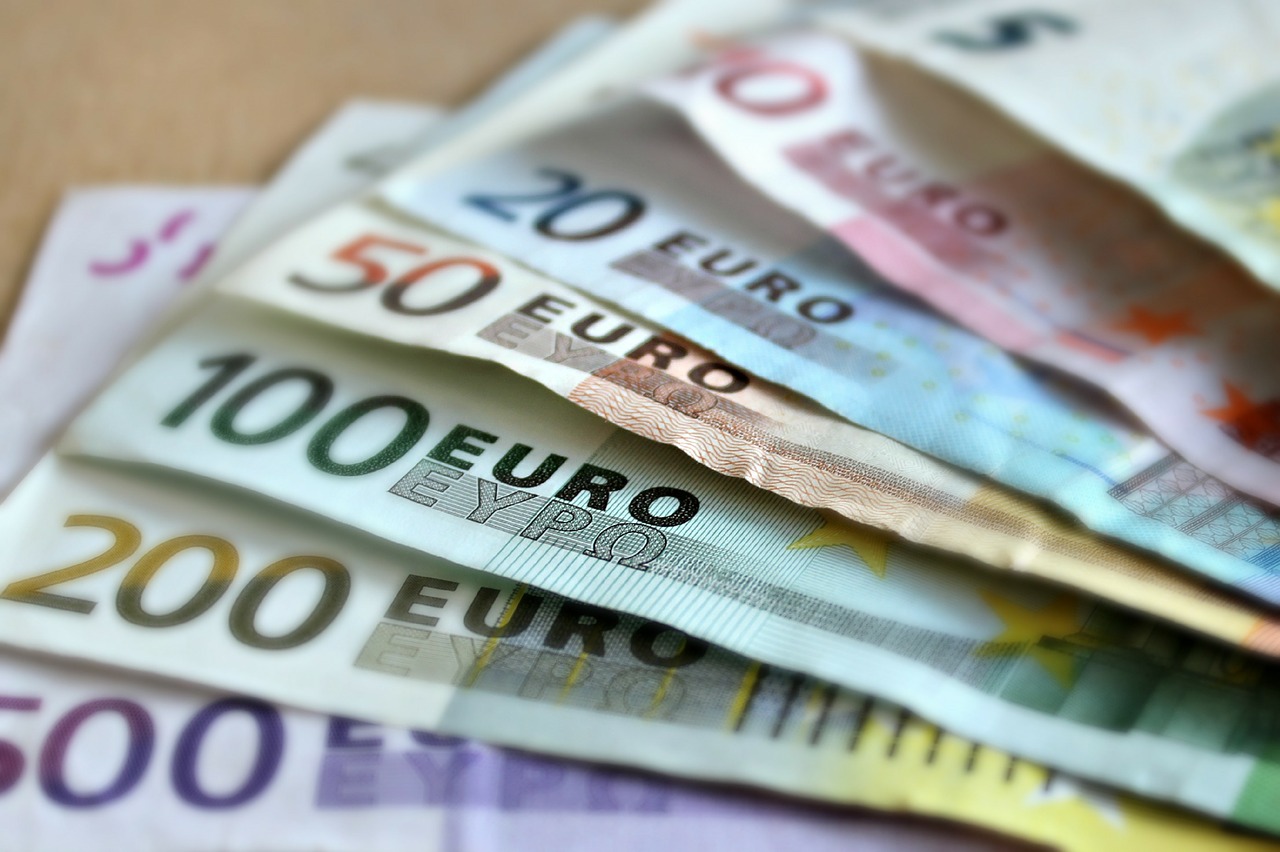Experiencing a new culture can be both exciting and intimidating, depending on your level of familiarity with the local customs. Making payments, holding cash at hand, tipping at a local restaurant, they all differ greatly from country to country and region to region. In this article we provide you with key information on handling those types of situations in Croatia.
Accepted Currencies
In 2013 Croatia became a part of the European Union, however it has not yet entered the EU Monetary Union. As such, Croatian kuna (HRK) is still Country’s formal currency. In most cases prices are given in Croatian Kuna, and only in some cases (certain touristic locations) EUR equivalency is given too. Generally speaking, payments are accepted only in Kuna (shops, bars, restaurants, taxi, etc.), but you will be able to pay in another currency at the airport an in your hotel. That said, it is best to double check with your hotel beforehand to make sure they allow foreign currency payments.
Most Croatian airports have an exchange office, which helps if you just landed in and need some local currency to get you going.
Exchanging money
When exchanging foreign currency to Croatian Kuna there are a few available options to choose from. Most airports will have their currency exchange office where all the major currencies can be exchanged (USD, EUR, GBP, AUD, JPY, CHF), but many will also exchange (CAD, DKK, CZK, NOK, SEK and PLN). It may be a little different if you are exchanging a very specific currency outside the widely accepted ones listed above, or if you are exchanging Croatian Kuna into your own currency. In those cases, it is best to find a local bank (branch) and make an exchange there (larger banks in Croatia are Zagrebačka banka, PBZ banka, Erste banka, Addiko banka, Reiffeisen banka, Sber banka), Jadranska banka and Splitska banka (on the coast).
In terms of affordability of exchange rates, it really varies – depending on the type of exchange office, location and season. Exchange rates will be most ‘expensive’ in prime city locations and in high seasons (July – August), as well as at airports. Currency exchange rates tend to be ‘more affordable in smaller local banks and at local exchange bureaus (bureaus in remote city locations).
If safety is your concern, exchanging money at a local bank may be the best option – as banks have their own security guards and secured sections for private dealings with clients. A little less convenient will be to make an exchange at a local exchange bureau. Local exchange bureaus tend to have a smaller (less private) shops in busy areas.
One final recommendation. If possible, it is always good to bring some local currency with you or to have some EUR currency at hand (widely accepted for exchange).
How do Croatians pay?
Croatians tend to use a lot of cash, although more and more they fancy using debit/credit cards too. In Croatia it will be expected to use cash when buying food on an open market, getting flowers and souvenirs on open stands or paying for ice-cream. Most coffee shops and bars do accept cards, however, not all of them – especially in smaller towns and out-of-season (November – February). It is recommended to always look for a card payment sign on the shop/bar entrance or ask the waiter for available payment options upfront.
Restaurants widely accept card payments, although some pizza places may have restricted payment options (cash only). Be prepared 😊
Card payments are more and more accepted by taxi providers, and most of the larger taxi companies will offer this payment option. However, during high seasons (June-September) if you stop a taxi on the go it is best to first check with the driver whether card payment option is available.
When buying in a grocery store you are always able to pay by card. The same applies to hotels, airports and other major tourism service providers (e.g. rent-a-cars or similar).
Widely accepted cards in Croatia are: Visa, Maestro, MasterCard, Diners, American Express.
Finally, here is a small bit of advice: Always keep some cash at hand (at least 200-300 HRK) – just in case!
Tipping
Tipping in Croatia is not very explicitly defined, but tipping is surely much appreciated. There is no written rule on how small or large the tip should be, and it really depends on the setting. If you are eating in a restaurant and you are very happy with the service, you may want to leave 10-15% of the bill to express your gratitude. If restaurant service was ‘OK’ Croatians will leave a much lower amount, but only a few will not leave a tip at all.
When it comes to paying in bars and coffee shops, amounts are usually rounded. If (for example) your bill was 26 kunas, you can round up and leave a 30 kuna note to the waiter and say ‘It’s ok’ – meaning ‘You can keep the change’. Same goes for driving in taxi. If you had a 136 kuna bill, leaving 140 kunas will be a sign of appreciation for a good service.
In Croatia tips are normally left in cash, and sometimes (more rarely) paid through the POS device. Most coffee shops will not have the POS device with a tipping option, so if you want to leave a tip it would normally be in cash. Most restaurants and taxi providers will have a POS device with a tip option.
As you can see, Croatia is not very stringy on tips. Making guests happy is always a priority. That said, if you wanted to show your gratitude to the person involved it will always be greatly appreciated!


